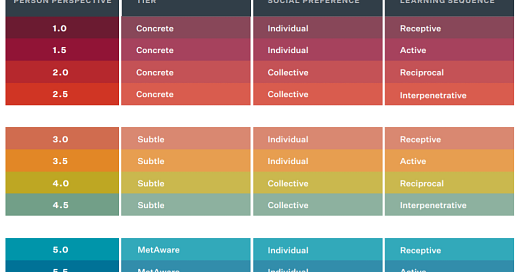In our current societal landscape, we find ourselves in the midst of what I like to call the "Idealism Wars." While some may refer to it as the culture war, I believe this framing captures the essence of a deeper, more complex battle over ethical and moral values. This episode explores the sorting of these values, the challenges posed by a multicultural society, and the various worldviews that compete for dominance in American culture.
The Idealism Wars: A Struggle for Moral Dominance
The Idealism Wars are characterized by the sorting and prioritizing of ethical and moral values. How do we treat people? What language do we use? What do we care about? These questions reflect the ongoing struggle to define societal norms and values. This sorting process is complicated by the multicultural nature of American society, which brings a diverse array of ideals and beliefs into conflict.
The Role of Government and Society
In this context, government plays a crucial role in supporting and managing these competing ideals. The challenge lies in navigating these conflicts without resorting to extreme measures, such as civil unrest. While some fear the possibility of civil war, I believe that the real battle is ideological and cultural, manifesting in what I've termed the Idealism Wars. This conflict isn't just about current political divides; it's a deep-rooted clash between different worldviews and developmental stages.
Understanding Development Through the Stages Model
To better understand these dynamics, I turn to the Stages Model, developed by Terry O'Fallon and Kim Barta. This model offers a comprehensive framework for understanding human development, incorporating qualitative and quantitative data. It outlines different stages of growth, each characterized by distinct cognitive and emotional capacities.
Concrete Tier: This first tier encompasses early developmental stages, where individuals perceive reality through a literal lens. Everything they see, hear, or experience, including their imagination, is considered real.
Subtle Tier: In this tier, individuals develop a more nuanced understanding of reality, recognizing the existence of abstract concepts and unseen forces.
Causal Tier: This tier involves a deeper level of self-awareness and the ability to perceive complex systems and interdependencies.
The Shadow Side of Development
Kim Barta's work adds another layer to the Stages Model by identifying three types of psychological shadow: projections, introjections, and split ego states. These shadow elements can hinder personal growth and manifest as internal conflicts or unhealthy behaviors. Understanding and integrating these shadows are crucial for moving to higher developmental stages without carrying forward unresolved issues.
The Importance of Embracing All Stages
A common misconception is that higher developmental stages are inherently better. However, true growth involves fully experiencing and integrating each stage rather than rushing to the next. This holistic approach helps us navigate life's challenges more effectively and contributes to a more cohesive society.
Conclusion
Listen to the full audio for a complete breakdown of The Stages Model and descriptions of each stage. The Idealism Wars are not just about political or cultural divisions; they reflect our collective developmental journey. By understanding and integrating the various stages of development, we can better navigate these conflicts and work towards a more harmonious society. The Stages Model provides a valuable framework for understanding these dynamics and offers insights into how we can grow as individuals and as a collective.













Share this post